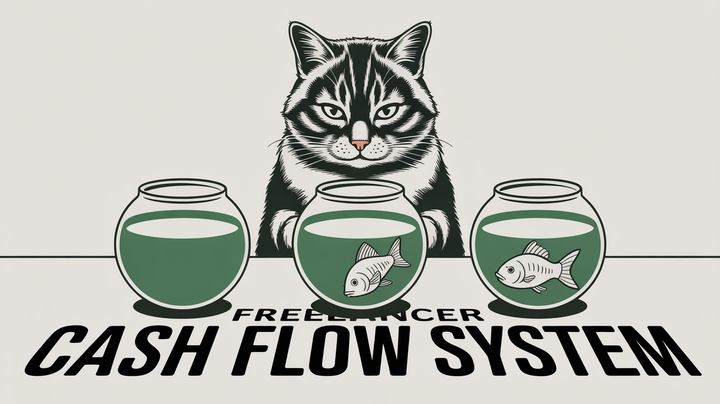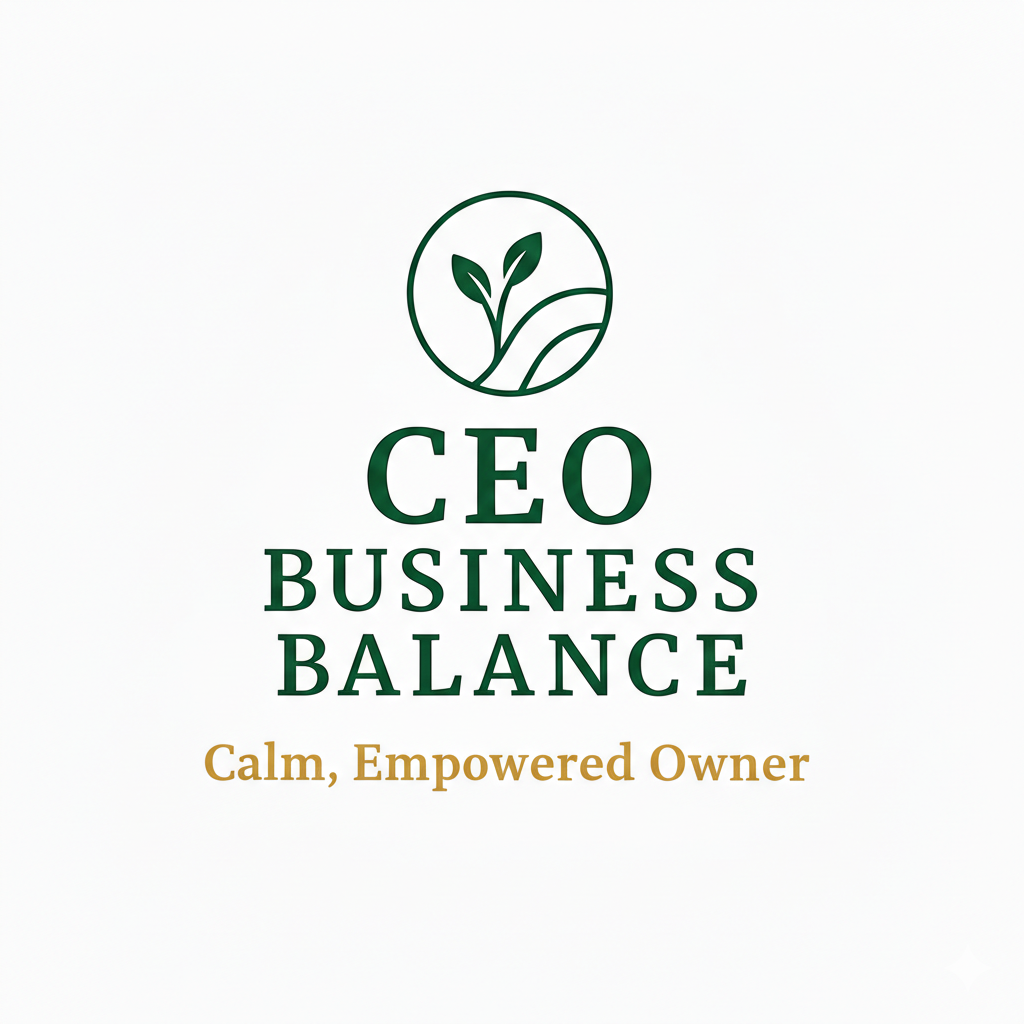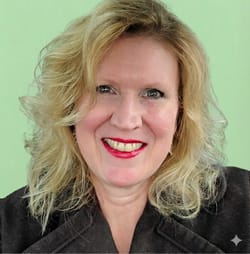The Freelancer's Cash Flow Crisis: Why Good Sales Aren't Enough
Feeling perpetually stressed about money, even when your sales reports look strong, is a common and deeply frustrating experience for freelancers.

The Freelancer's Cash Flow Crisis: Why Good Sales Aren't Enough
Feeling perpetually stressed about money, even when your sales reports look strong, is a common and deeply frustrating experience for freelancers. The good news is that it’s not a sign of failure; it’s a sign that your financial systems need attention, not just your sales strategy.
The Short Answer: Why You Have a Cash Flow Crisis
Consistent cash flow crises, despite good sales, usually stem from a disconnect between income earned and money managed. The most common reasons are irregular financial check-ins, mixing personal and business funds, and failing to proactively set aside money for taxes and expenses.
This feeling of being on a financial rollercoaster isn’t your fault, and it’s a cycle you can absolutely break. It begins with shifting your focus from just making sales to intentionally managing the money that comes from those sales. Let’s walk through why this happens and how you can build a system for stability.
Frequently Asked Questions
Why do I feel broke even when my freelance sales are good?
Feeling broke despite good sales usually comes from a disconnect between income earned and money managed. High sales can create an illusion of wealth, but if that money is mismanaged, mixed with personal funds, or not set aside for taxes, you will experience a cash flow crisis. Financial stability comes from managing cash flow, not just from making sales.
What are the most common causes of a freelance cash flow crisis?
The three most common causes are: 1) Not consistently checking your finances, which leads to reactive and panicked decisions. 2) Mixing personal and business funds, making it impossible to know your business's true financial health. 3) Failing to proactively set aside money for taxes and expenses, which creates an inevitable future emergency.
What is the difference between sales and cash flow?
Sales (or Revenue) is the money you’ve invoiced or earned; it’s a measure of your business activity. Cash Flow is the actual money moving in and out of your bank account; it’s a measure of your business’s financial health and what truly determines your stability.
What are the first steps to fix my cash flow problems?
You can begin with three simple habits: 1) Schedule a weekly 20-minute "Money Date" to review your numbers. 2) Open separate bank accounts for business income, personal use, and tax savings. 3) Immediately transfer a percentage of every client payment (25-30% is a good start) into your separate tax account.
The Core Disconnect: Sales vs. Cash Flow
First, it’s vital to understand the difference between sales and cash flow.
-
Sales (or Revenue) is the money you’ve invoiced or earned. It’s a measure of your business activity.
-
Cash Flow is the actual money moving in and out of your bank account. It’s a measure of your business’s financial health.
High sales can create the illusion of wealth, but if that money is mismanaged or spoken for before it even arrives, you’ll always feel like you’re running on empty. True financial peace comes from managing cash flow.
Three Common Reasons for a Freelance Cash Flow Crisis
When I work with service-based business owners, I see the same three patterns creating these self-made emergencies. See which of these resonates most with you.
Reason 1: You're Not Consistently "Knowing Your Numbers"
If you only look at your bank account when a bill is due or when you feel a sense of panic, you’re operating in a reactive state. Without a regular, calm rhythm for checking in on your finances, you have no way to anticipate upcoming shortfalls or plan for larger expenses. You’re essentially flying blind.
This practice of gentle visibility is the foundation of financial clarity. This approach comes directly from the Sovereign Three™ framework we use in The Empower & Grow Journey Membership: Know Your Numbers. It’s about gaining a clear, shame-free picture of your financial reality so you can make empowered decisions.
Reason 2: You Haven't "Claimed Your Financial Rhythm"
Do you pay for groceries from your business account? Is your business debit card also saved in your personal Amazon account? When you mix personal and business finances, your business account becomes an unreliable measure of your company’s health. It’s impossible to know what money is for the business and what is for you.
Creating a clear system for your money is the second pillar of our framework: Claim Your Rhythm. This means establishing separate accounts and a predictable system for paying yourself, setting aside taxes, and covering operating costs.
Inside The Empower & Grow Journey Membership, we use simple financial templates and a supportive structure to help you create this rhythm without overwhelm, building a system that honors your energy and values.
Reason 3: You're Not "Holding Your Shape" Financially
The single biggest cause of a cash flow crisis is the surprise tax bill. When you treat all the money in your account as "yours," you forget that a significant portion belongs to the government. You’re essentially borrowing from your future self without a plan to pay it back, which creates an inevitable emergency down the road.
This also applies to inconsistent invoicing, a lack of clear payment terms, or being hesitant to follow up on late payments. These are all examples of not holding firm financial boundaries. This is the third pillar: Hold Your Shape. It's about setting the pricing, policies, and boundaries that protect your time, energy, and financial peace. If setting these kinds of financial boundaries feels daunting, know that you’re not alone. The Journey community was built for exactly this kind of work.
How to Build a Sustainable Cash Flow System
Moving from crisis to calm doesn’t require complex software or a degree in accounting. It requires simple, consistent habits. Here is where you can begin.
-
Schedule a Weekly "Money Date." Put 20 minutes on your calendar each week to simply look at your numbers. Note what came in, what went out, and what bills are coming up. The goal isn't judgment; it's awareness.
-
Open Separate Bank Accounts. At a minimum, have one account for business income and expenses and a separate one for personal use. For even more clarity, open a third account just for setting aside tax money.
-
Pay Your Future Self First. Every time you get paid by a client, immediately transfer a percentage (a good starting point is 25-30%) into your separate tax savings account. This is not your money to spend. By doing this, you ensure your tax bill is a calm, planned-for event, not a crisis.
-
Get Guided Support. You don’t have to figure this all out by yourself. Financial management can bring up a lot of emotions, and having a supportive guide and community makes the process feel safe and achievable. If you’d like a safe place to explore this more deeply, that’s exactly what we do inside The Empower & Grow Journey Membership.
Your Path to Financial Calm
Ending the cash flow crisis for good has very little to do with making more sales and everything to do with building a clear, simple system to manage the money you’re already making.
By creating a gentle rhythm for knowing your numbers, separating your funds, and honoring your future financial obligations, you can finally break the cycle of stress and build a truly sustainable business that supports you fully.
You’re not behind. You’re just ready to begin in a new way.



